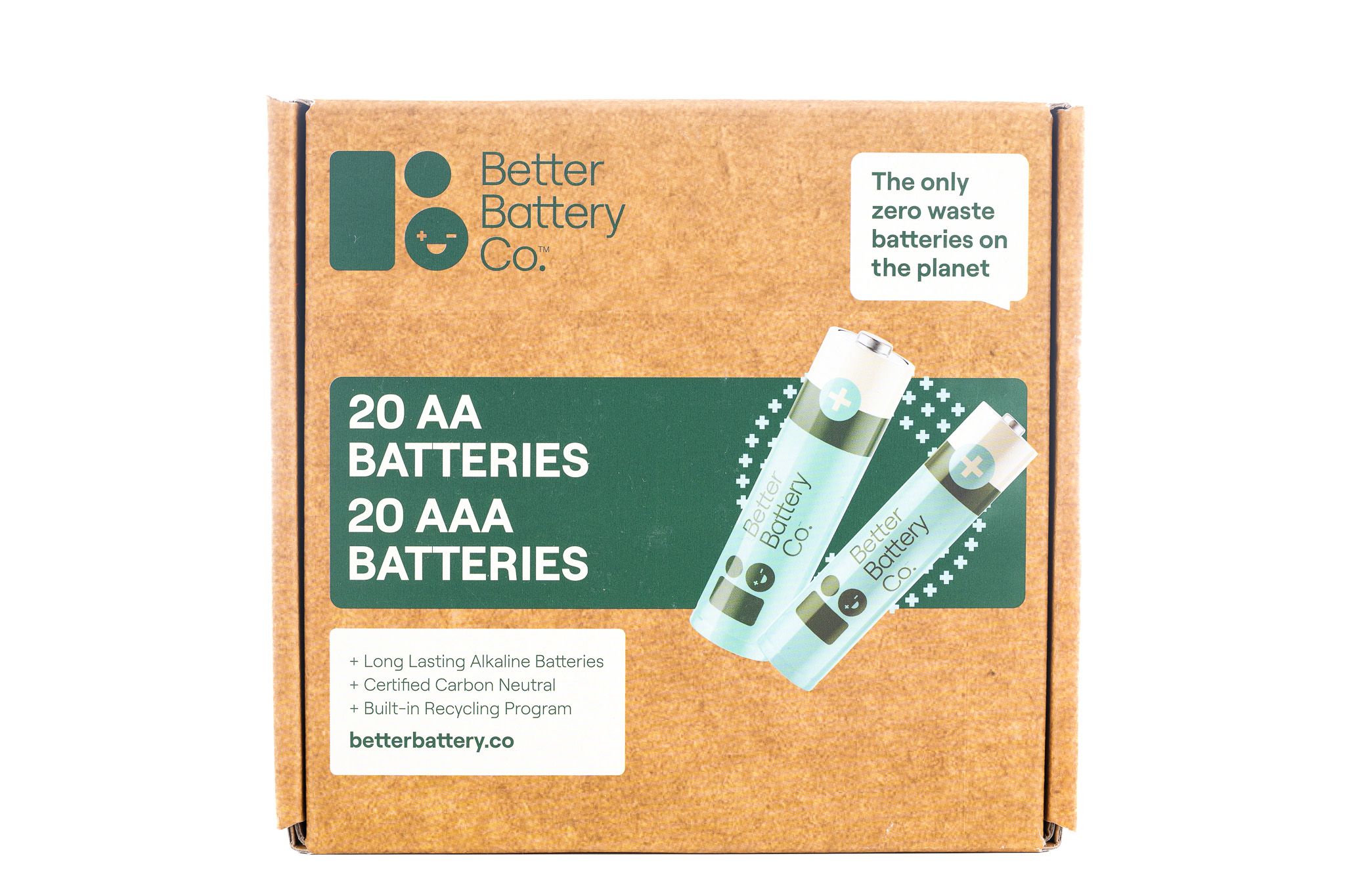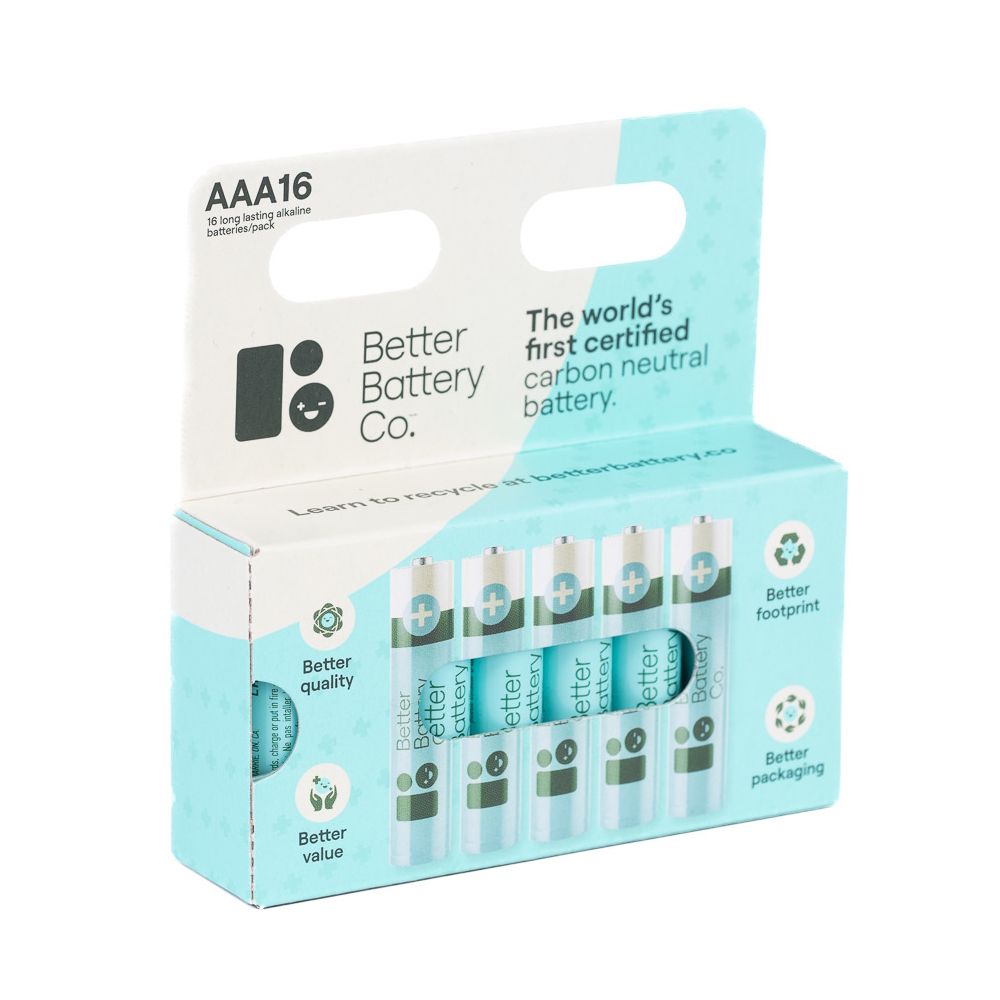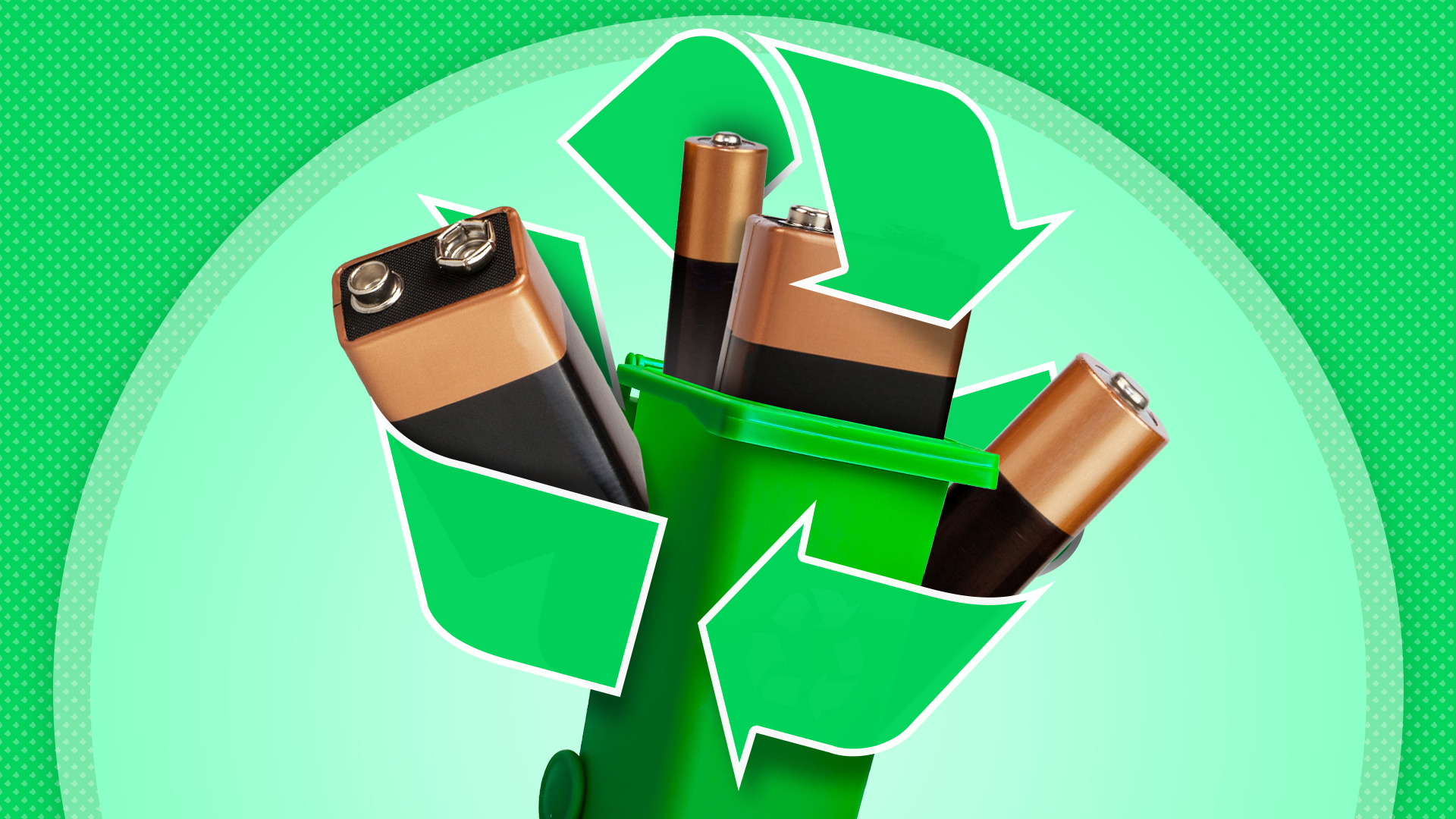Summary
- Better Battery Co. simplifies battery recycling by making it as easy as asking for a return label and mailing them back.
- Rechargeable batteries may seem eco-friendly, but recycling is still problematic, making Better Battery Co. a better option, even if they’re not rechargeable.
- While packs are a slight premium compared to standard batteries, the price is worth the ease of recycling.
It is extremely important to recycle batteries properly. Batteries that end up in the trash often leak battery acid in landfills, contaminating water sources and injuring workers. But this is easier said than done—due to the hazardous materials used to make batteries, you can’t just put them in the recycling.
How Hard Is It to Recycle Batteries?
Unfortunately, recycling batteries requires more steps than most materials due to the dangers of battery acid. You may need to drive out to a local recycling center, specific department stores, or wait for special pickup days to properly dispose of them. Throwing batteries in the recycling bin can pose the same risks to workers as they do in trash cans, so you can’t place them in the same bins as you would paper or plastic.
But what if recycling batteries were as easy as dropping them in the mailbox? It’d be nearly as easy as throwing them away. This is exactly what Better Battery Co. does as they strive to take any of the inconveniences out of recycling their batteries.
Use the Batteries, Then Mail Them Back
Whenever you use up the batteries in one of Better Battery Co.’s sets, you can request a return label to send them back to the company—no fuss, and no return fee. When the package gets to Better Battery Co.’s recycling center, the used batteries undergo an extensive recycling process to ensure that every viable part of the battery can be recycled.
Instead of ending up in a landfill, the materials of these batteries end up nourishing soils, providing materials to make new metals, and more. Even if you are recycling the batteries you do have, they are not often recycled to the extent that Better Battery Co.’s are, to the extent that they are even carbon-neutral.

Better Battery Co. AA, AAA Combo Pack
Better Battery Co. strives to make recycling batteries easier than ever with its carbon-neutral packs. This combo pack comes with 20 AA and 20 AAA batteries, and once they’ve all run dry, you simply request a return label and send them back!
Rechargeable Batteries Are Good, but These Are Better
You may have heard that rechargeable batteries are also more environmentally friendly than standard batteries—and in a way, that is true. Since you can reuse the batteries, it means you won’t throw out so many, but you still run into the same issue with recycling them once they start dying.
While Better Battery Co. is still working on a rechargeable kit (complete with the same recycling returns as non-rechargeables), it can still be better to pick up the current sets, given how easy it is to return them and how the company can recycle all the components, unlike normal batteries.
Picking Up Packs Is Easy and Cheap
You might think buying carbon-neutral battery sets that offer free return labels may come at a high premium, but surprisingly, Better Battery Co.’s packs are very affordable. A combo pack of 20 AAA and 20 AA batteries is $30; for comparison, an Amazon Basics combo pack of 24 AAA and 24 AA batteries is about $17.
You are paying more for Better Battery Co.’s packs than Amazon’s, but considering the amount of time and work it can take to recycle batteries normally, it’s well worth the upcharge—especially since you can’t send Better Battery Co. other brands’ batteries, due to the difference in how they’re made.
Better yet, you don’t even need to order packs directly from Better Battery Co. if you don’t want to. Many sets are available at Target, and smaller packs are also available if you only need a few batteries.

Better Battery Co. AA8 Pack
Don’t need a big pack of batteries? You can pick up this 8-pack of AA batteries for just $8. $1 per easy-to-recycle battery is quite the deal—and that’s if they’re not on sale in the first place.






